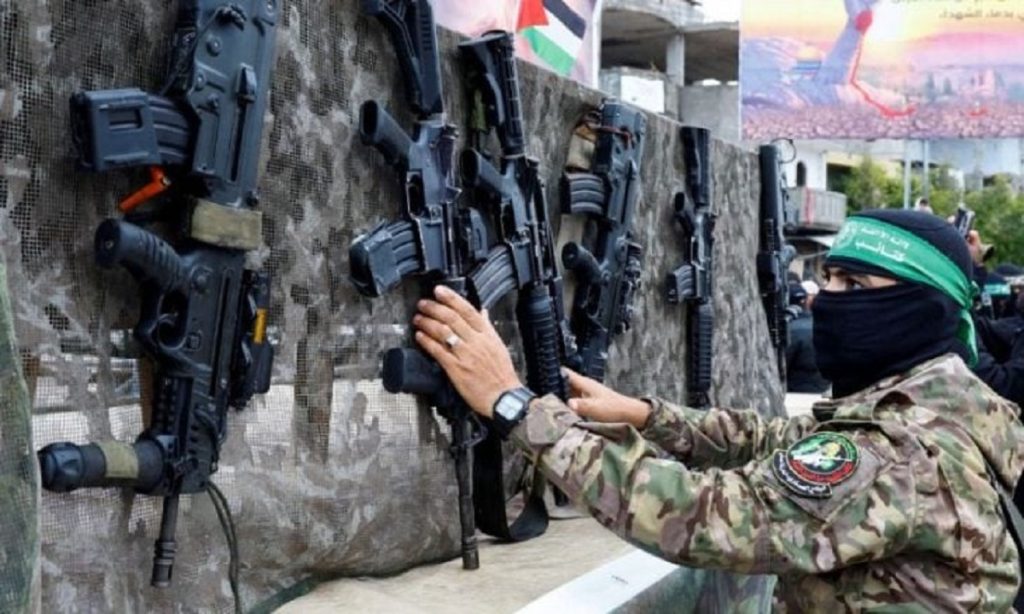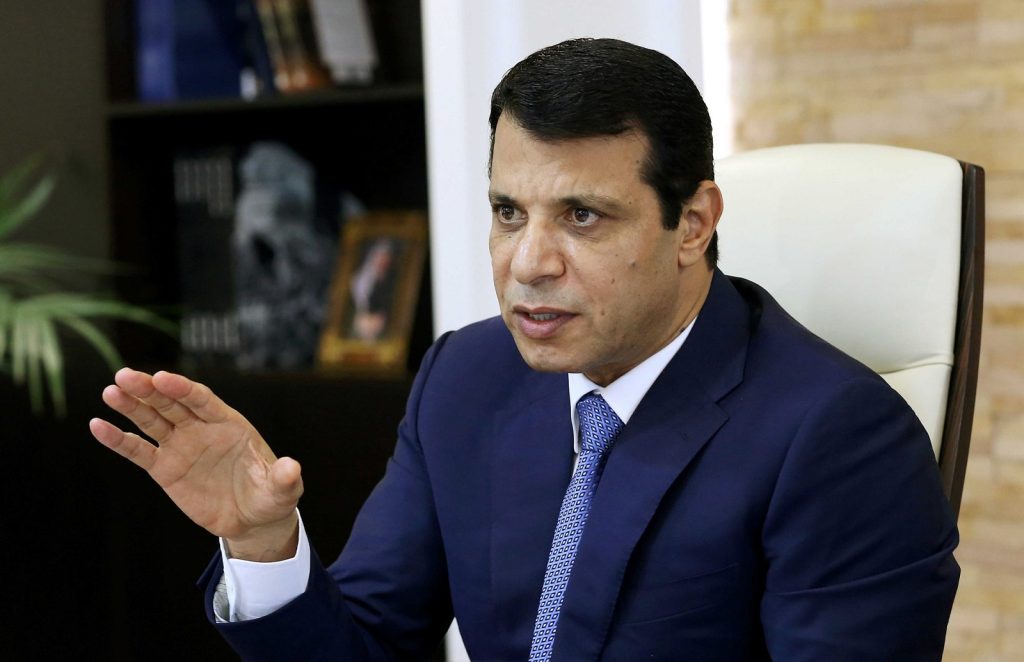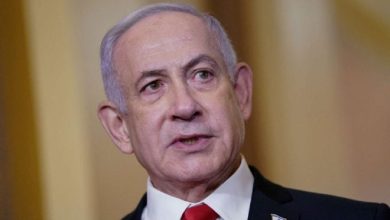UAE Pressures Trump to Reject Egypt’s Post-War Gaza Plan
The UAE leverages its influence over the Trump administration to block Egypt’s Arab League-backed plan for Gaza, intensifying regional competition over the territory’s future.

Watan-U.S. and Egyptian officials have revealed that the United Arab Emirates (UAE) is pressuring the Trump administration to reject Egypt’s post-war plan for Gaza, which was approved by the Arab League. The UAE argues that the plan grants excessive power to Hamas and lacks a clear mechanism for disarming the group.
UAE’s Influence and Strategic Interests
The UAE has leveraged its strong ties with the Trump White House to oppose the Egyptian proposal. According to officials, UAE Ambassador to the U.S., Yousef Al Otaiba, has lobbied Trump’s inner circle and lawmakers to push Egypt into accepting forcibly displaced Palestinians. The UAE’s stance aligns with its broader goal of limiting Hamas’ influence, as the group is linked to the Muslim Brotherhood, which the UAE has long sought to weaken.

Dilemma for Egypt and Regional Competition
Egypt finds itself in a difficult position, as it shares security interests with the UAE but maintains long-standing intelligence ties with Hamas. Cairo’s plan proposes the Palestinian Authority (PA) taking control of Gaza with security forces trained by Egypt and Jordan, and even suggests the possibility of UN peacekeepers. However, the UAE prefers a different approach, advocating for Mohammed Dahlan, a former Fatah leader exiled in Abu Dhabi, to play a key role in Gaza’s governance.

U.S. Hesitation and Israeli Objections
The Trump administration has been reluctant to fully endorse Egypt’s plan. While some U.S. officials view it as a framework for reconstruction, others fear it could internationalize the Gaza issue in a way that Israel opposes. The situation has been further complicated by reports that the U.S. is considering reducing military aid to Egypt, potentially as leverage over Cairo’s stance on Palestinian displacement.
Implications for Gaza’s Future
As the war in Gaza continues, the competing interests of regional powers, including Egypt, the UAE, and Israel, complicate efforts to establish a post-war governance structure. While Egypt’s plan seeks to restore stability under PA leadership, the UAE’s push for an alternative approach reflects broader geopolitical rivalries that could shape Gaza’s future.






